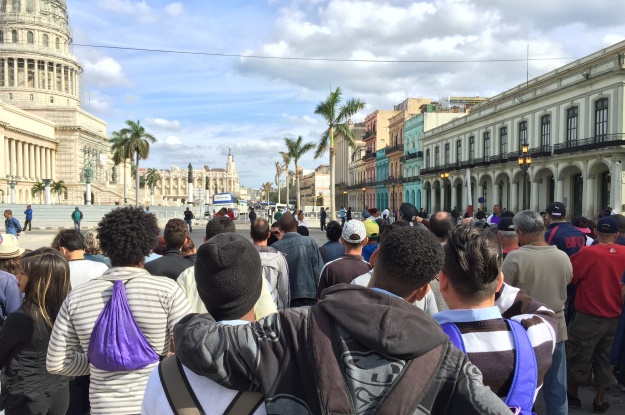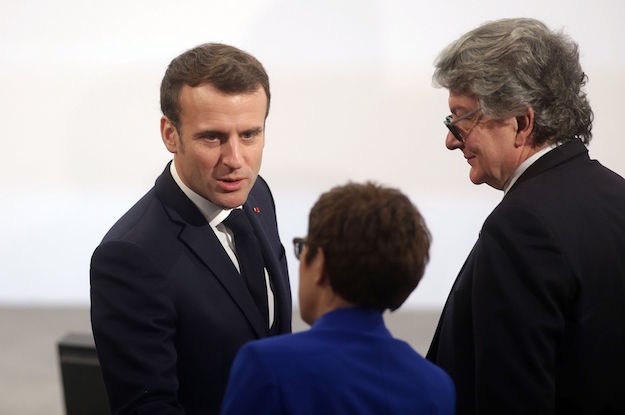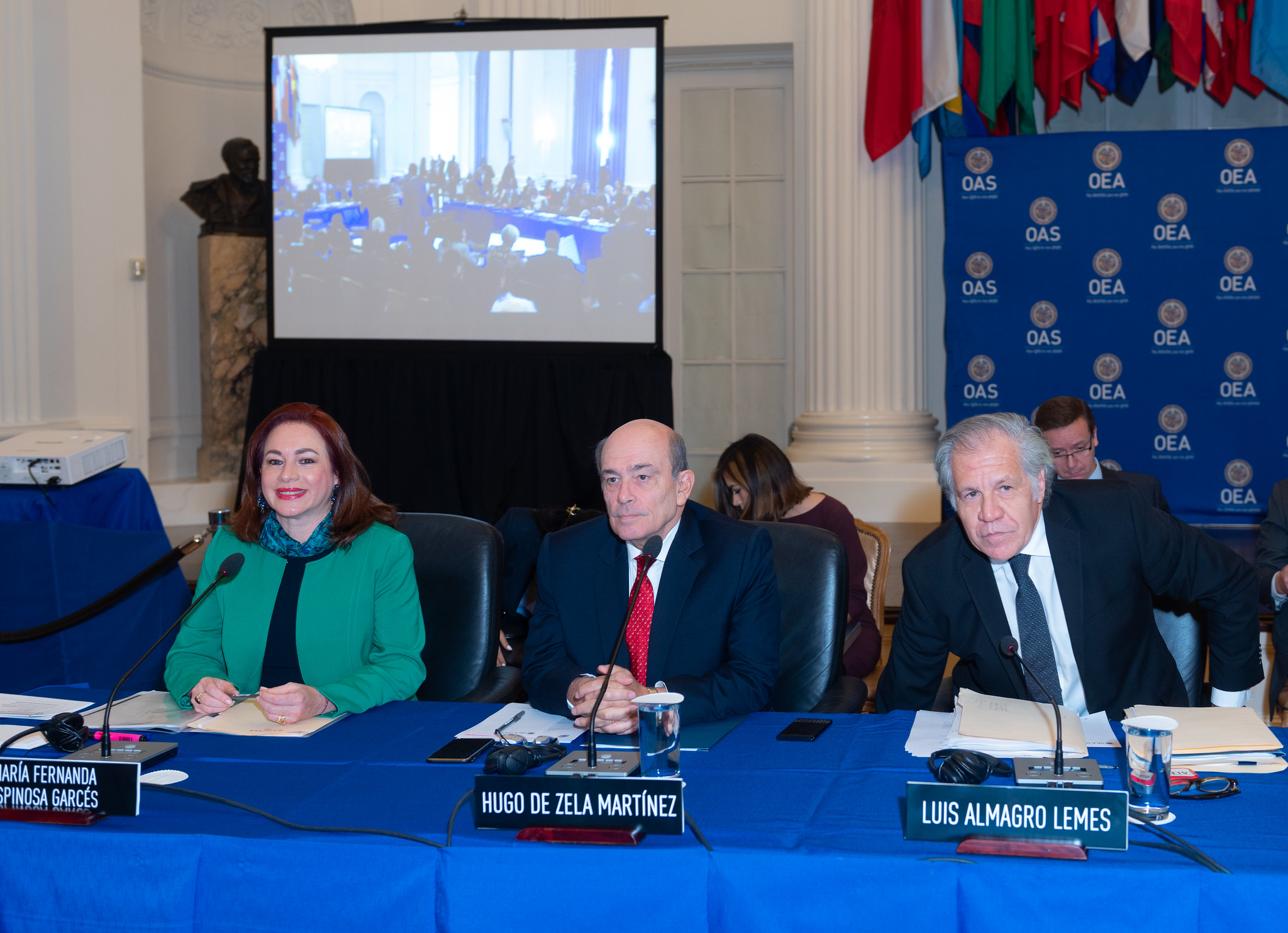For all the pomp and circumstance surrounding U.S. President Barack Obama’s trip to Cuba last week, the visit had a simple goal: to make the administration’s opening to the island impossible to reverse, no matter who wins the White House in November.
After spending the week of Obama’s visit in Havana, it is clear to me that this goal is quickly becoming a reality. The coming months will likely see more businesses taking stock of opportunities on the island, continued official visits and bilateral agreements on issues of mutual interest (as well as discussion on points of disagreement), and increased momentum to lift the embargo. We are on our way to a new normal in U.S.-Cuba relations.
Havana last week was chaotic, crowded and awash in enthusiasm. People lined the streets, gathered on balconies and packed plazas. Obama’s March 22 speech to the Cuban people addressed sensitive topics with respect, honesty and eloquence. It was a testament to the belief that deepening our commercial, cultural and political ties with the island is the best way to promote openness, dialogue and debate.
A taxi driver who watched the speech told me shortly afterward that it had raised his expectations that the Cuban people were on a path forward. “Pa’lante” a phrase he repeated, stuck with me. Pa’lante – short for para adelante or forward – was what the visit was all about.
Walking the winding streets of Havana, often times rerouted by street closures and informal road blocks, this taxi driver’s enthusiasm was echoed far and wide: by a wonderful Airbnb host, by people in restaurants and cafés, and by those standing with cell phones and cameras ready for a glimpse of the presidential motorcade.
Every event on Obama’s agenda seemed like it was breaking new ground. A state dinner, a discussion with civil society leaders, a meeting with entrepreneurs that highlighted the work of entrepreneurship training organizations such as Cuba Emprende, and, of course, a well-publicized baseball game, all represented meaningful steps in improving U.S.-Cuba relations.
But perhaps even more than the official program, a host of side events and business announcements made it clear to me that the change in the bilateral relationship will be difficult – if not impossible – to undo.
The day before Obama’s speech, I attended a small event to mark Google’s launch of a joint technology center in the studio of Cuban artist Kcho. Seeing kids use virtual reality goggles, laptops and streaming video offered proof of progress in the much-needed drive to expand internet access on the island. Further tech collaborations, including Cisco’s plan to open a Networking Academy where Cuban students will learn how to set up IT networks and improve technology skills, show the potential for growth in Cuba’s ICT sector.
Numerous other business announcements from industries ranging from financial services and remittances to agriculture, hotels, cruise lines and energy (not to mention an important agreement on commercial aviation announced late last year) reflect commercial engagement between the U.S. and Cuba that will only continue to grow.
Our own reception, hosted with Cuba Educational Travel at Cuban artist Esterio Segura’s studio space in Cerro Habana, took me from conversations with Cuban tech entrepreneurs discussing their latest apps to an up-close view of the value of cultural exchange with artists and performers like the Habana Compás dance troupe, who performed for us that evening. It was a sight to behold.
In his speech, Obama noted that “Havana is only 90 miles from Florida, but we had to travel a great distance to get here.” A great distance indeed. And while there remain areas of disagreement between both countries, as well as differences inside Cuba’s own governing circles on how fast and how far internal reforms should go, the host of events, business announcements and cultural exchanges that coincided with Obama’s visit furthered my belief that U.S.-Cuba relations won’t be heading in reverse any time soon.
Leaving the airport in Havana, a customs official looked up and asked, “May I stamp your passport miss?” A short time ago, it was easier to stamp my visa and make sure that no trace of the visit would show up in my passport pages. This time, I smiled at the woman and responded with a resounding “Yes.” Pa’lante, I thought. Onward we go.
—
Alana Tummino is head of the Cuba Working Group and director of policy at AS/COA, and senior editor of Americas Quarterly.







